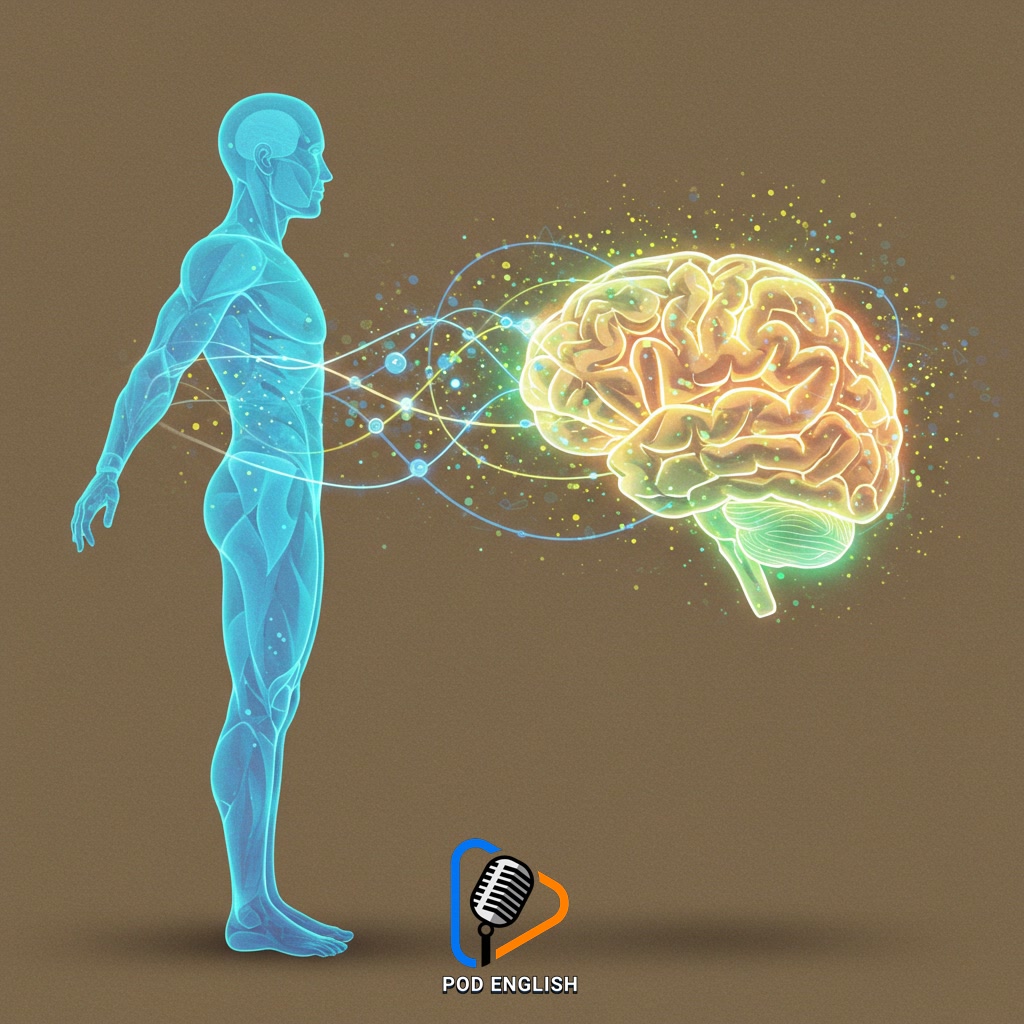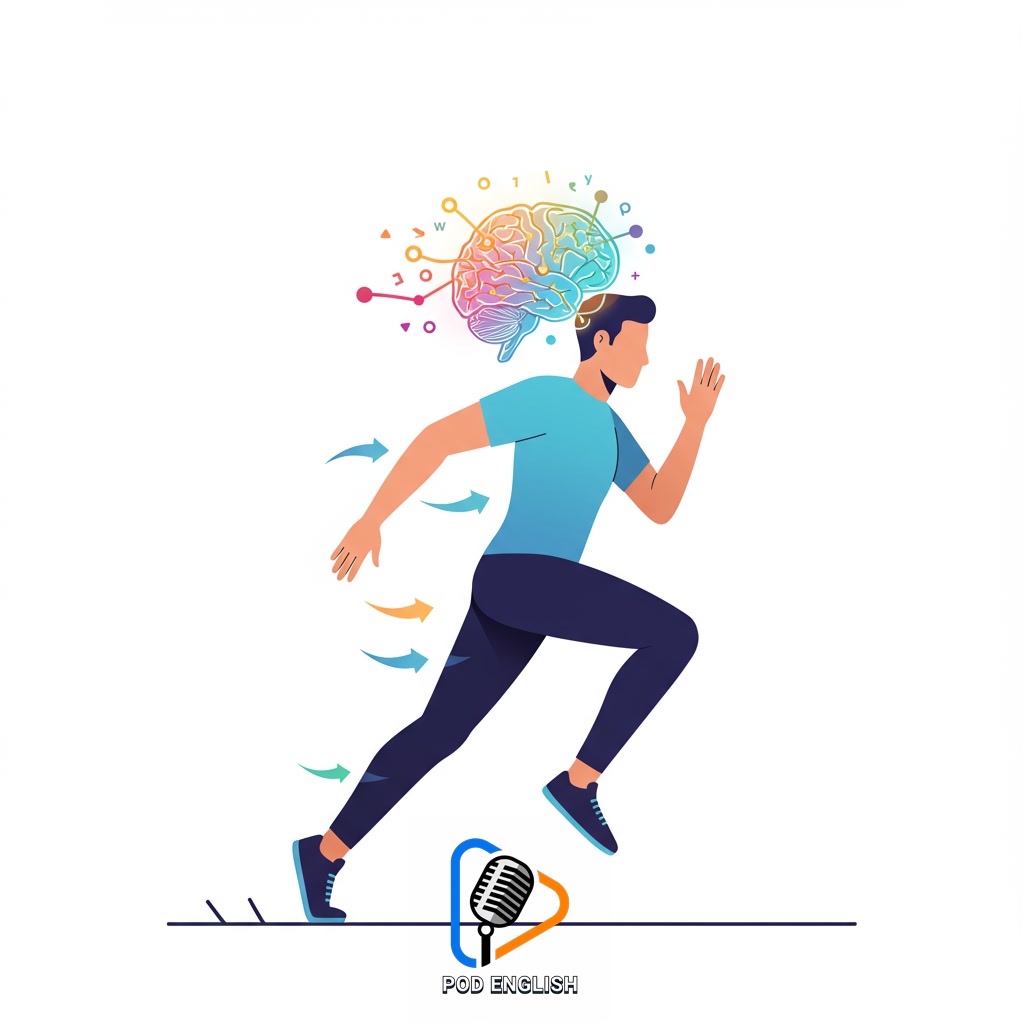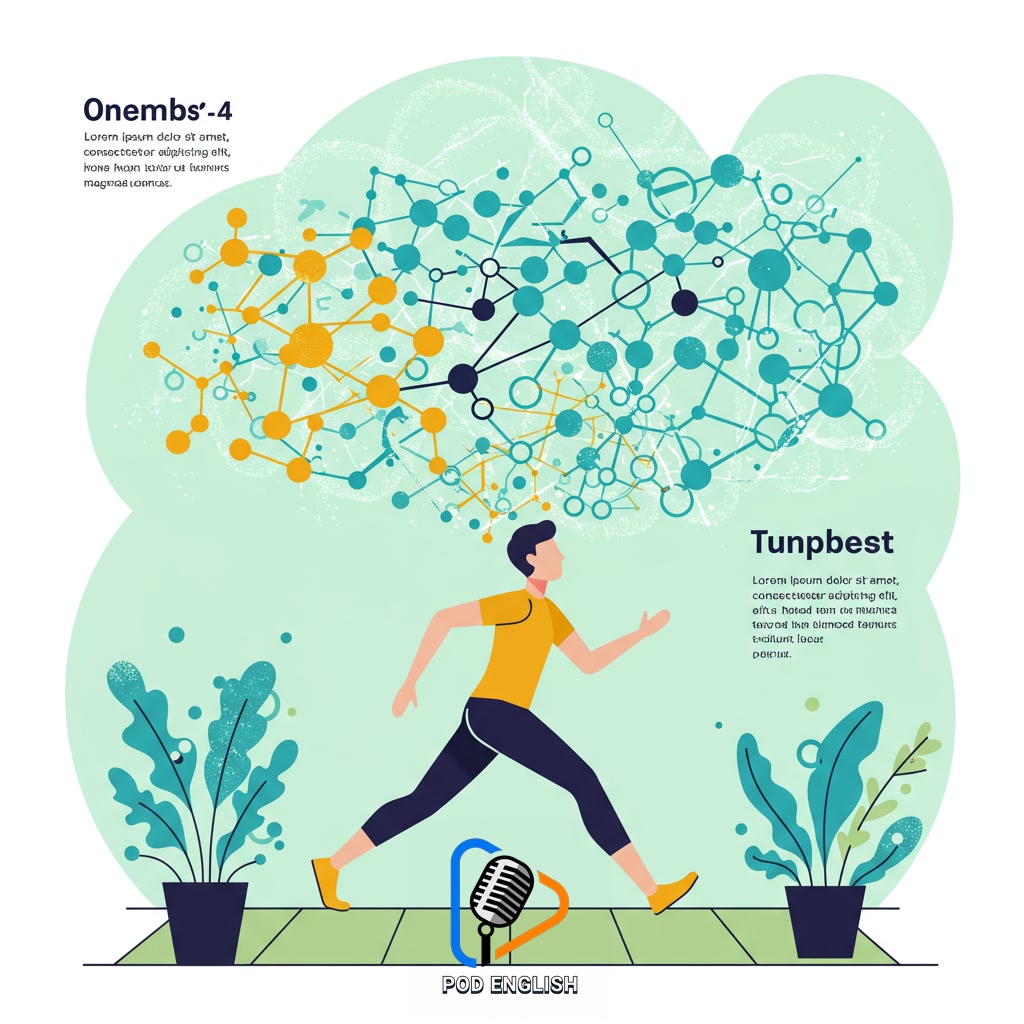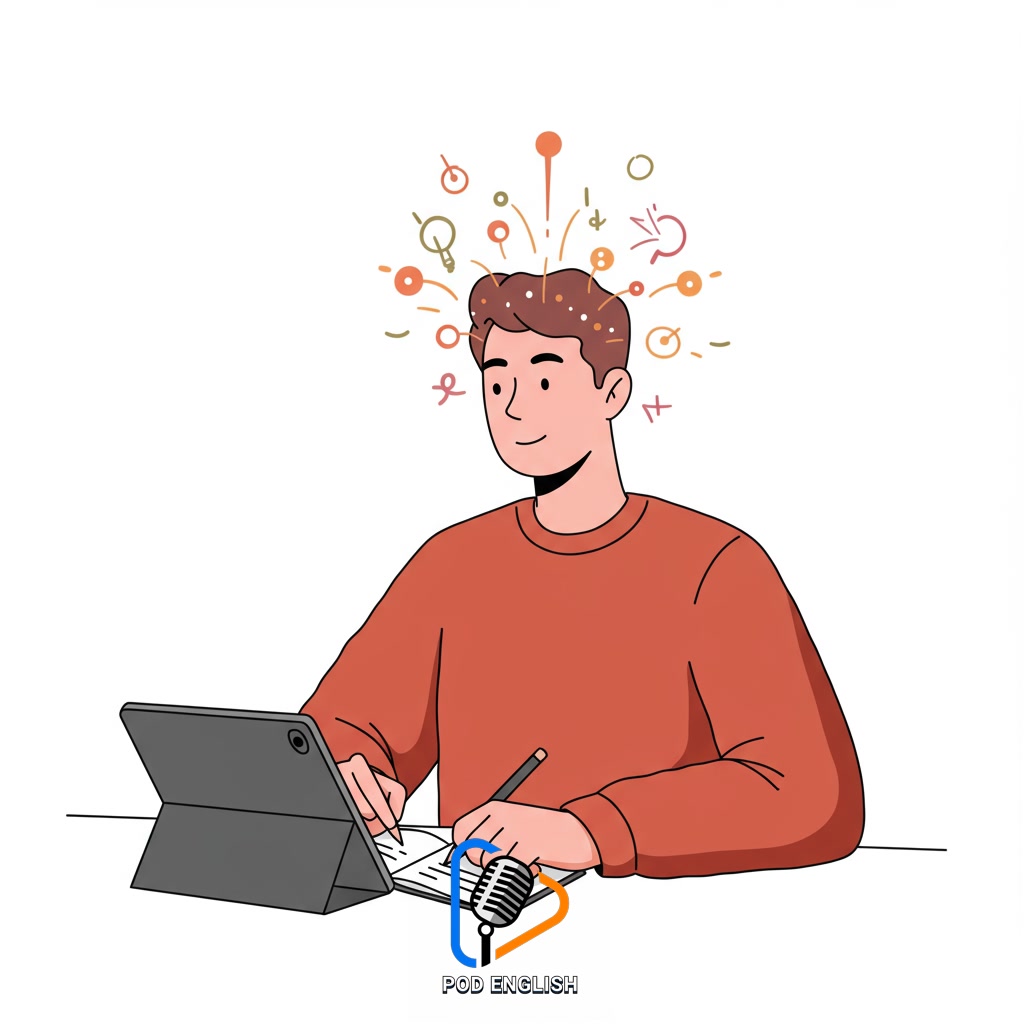Learn English
How Exercise Sharpens Problem Solving for Learning English

This content explores the beneficial link between physical activity and cognitive function, specifically how exercise can enhance problem-solving abilities essential for mastering English. It delves into how improved brain health through movement can facilitate overcoming challenges encountered during the language acquisition process. The focus is on leveraging the cognitive benefits of exercise to make the journey of learning English more effective and efficient.
Table of Contents
- Section 1: The Brain-Body Connection: An Introduction
- Section 2: How Exercise Positively Impacts Brain Function
- Section 3: Sharpening Problem Solving and Cognitive Skills Through Exercise
- Section 4: Applying Enhanced Cognition to English Learning Challenges
- Section 5: Practical Tips: Integrating Exercise into Your English Study Routine
- Section 6: Conclusion: Maximizing Your English Learning Potential
Section 1: The Brain-Body Connection: An Introduction
The human body and brain are not separate systems; they are deeply interconnected. What affects one significantly impacts the other. This fundamental relationship, known as the brain-body connection, is crucial for overall health, including cognitive functions like thinking, memory, and problem-solving. Physical activity, or exercise, is a powerful way to positively influence this connection. When you move your body, you boost blood flow, deliver more oxygen and nutrients to the brain, and stimulate the release of chemicals that support brain cell growth and communication. Understanding this link is the first step to seeing how improving your physical health can directly enhance your mental capacity, making tasks like tackling complex English grammar or understanding challenging texts more manageable.

The Brain-Body Connection: An Introduction
Section 2: How Exercise Positively Impacts Brain Function
Building on the fundamental brain-body connection discussed previously, engaging in regular physical activity profoundly impacts brain function in positive ways. Exercise increases blood flow, delivering vital oxygen and nutrients to the brain, which is essential for optimal cognitive performance. This physical effort also triggers the release of neurochemicals, such as Brain-Derived Neurotrophic Factor (BDNF), often referred to as ‘brain fertilizer,’ which supports the growth of new neurons and strengthens connections between existing ones. These physiological changes lead to enhanced cognitive abilities including improved memory, increased attention span, faster information processing, and better executive functions. These improvements are crucial for navigating complex tasks and challenges, directly supporting the problem-solving skills needed for activities like mastering English.

How Exercise Positively Impacts Brain Function
Section 3: Sharpening Problem Solving and Cognitive Skills Through Exercise
Building on the fundamental brain-body connection discussed previously, engaging in regular physical activity profoundly impacts brain function in positive ways. Exercise increases blood flow, delivering more oxygen and nutrients essential for brain cell health. Crucially, it also stimulates the release of neurochemicals like Brain-Derived Neurotrophic Factor (BDNF), which supports the growth and connectivity of neurons. This enhanced neural network directly translates into improved executive functions such as focus, attention span, working memory, and critical analysis. These cognitive improvements are vital for tackling complex problems, whether it’s deciphering a difficult English sentence or understanding a challenging grammar concept. Regular exercise thus provides the brain with the optimal environment to process information efficiently and solve linguistic puzzles encountered during language acquisition.

Sharpening Problem Solving and Cognitive Skills Through Exercise
Section 4: Applying Enhanced Cognition to English Learning Challenges
Building on the fundamental brain-body connection discussed previously, engaging in regular physical activity profoundly impacts brain function in positive ways. Exercise increases blood flow, delivering more oxygen and nutrients essential for cognitive health. This improved brain health translates directly into enhanced problem-solving skills, crucial for navigating the complexities of English. When faced with challenges like understanding intricate grammar rules, memorizing new vocabulary, or constructing coherent sentences, a sharper, more focused mind is better equipped to process information, make connections, and retain knowledge. Furthermore, exercise helps manage stress and anxiety, common hurdles in language learning, allowing learners to approach difficulties with greater clarity and resilience, ultimately accelerating their progress.

Applying Enhanced Cognition to English Learning Challenges
Section 5: Practical Tips: Integrating Exercise into Your English Study Routine
Building on the fundamental brain-body connection discussed previously, integrating physical activity directly into your English study routine can significantly enhance your learning process. Instead of viewing exercise and studying as separate tasks, consider combining them. For instance, listen to English podcasts or audiobooks while walking, jogging, or cycling. Use short breaks during study sessions for quick stretching or light movement to re-energize your brain. Studying immediately after moderate exercise can also be highly effective, as improved blood flow and cognitive function make your brain more receptive to new information and better equipped to tackle problem-solving challenges inherent in learning English. Finding simple ways to weave movement into your day makes the cognitive benefits of exercise a consistent part of your language acquisition journey.

Practical Tips: Integrating Exercise into Your English Study Routine
Section 6: Conclusion: Maximizing Your English Learning Potential
In conclusion, the evidence is clear: integrating physical activity into your routine is a powerful strategy for enhancing your English learning journey. By improving cognitive functions such as focus, memory, and problem-solving abilities, exercise directly supports your capacity to navigate the complexities of grammar, vocabulary, and comprehension. Embracing this brain-body connection means you’re not just sitting and studying; you’re actively preparing your mind to absorb and process information more effectively. This holistic approach allows you to overcome learning plateaus more easily, retain information better, and ultimately, unlock your full potential in mastering the English language, making your path to fluency both more efficient and rewarding.

Conclusion: Maximizing Your English Learning Potential













